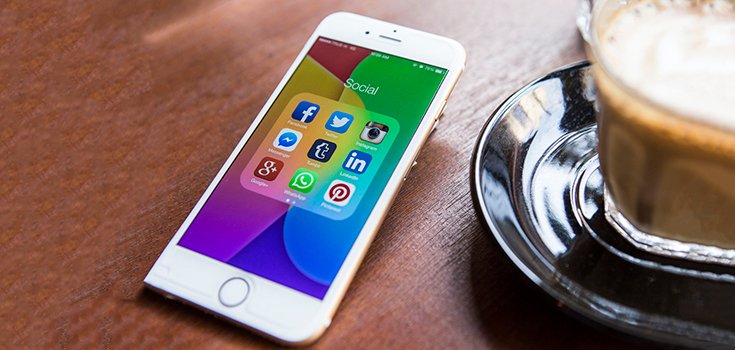Study: Having This Device Nearby can Give You Serious “Brain Drain”

Another study conducted by researchers at the University of Texas at Austin suggests that just having your smartphone in viewing distance lowers your cognitive capacity and overall brain power.
The team at UT Austin gave people a test that gauged attention control and cognitive processes. They found that the ability to maintain and process data improved dramatically when the person’s smartphone was in another room during the test.
Participants who kept their phones locked away in a pocket or bag also performed better on the tests than those who were within glancing distance of their smartphone.
Even if a smartphone was turned off or was put face-down, it still appeared to zap the owner’s cognitive resources.
Adrian Ward, one of the researchers behind the recent study, said:
“It’s not that the participants were distracted because they were getting notifications on their phones. The mere presence of their smartphone was enough to reduce their cognitive capacity.”
Let’s pause for a moment. Be right back.
OK, thanks for waiting. I wanted to put my phone in another room.
The UT Austin study really makes you wonder… what are these smartphones doing to kids’ developing brains?
After all, a 2016 study found that just thinking about mobile devices disrupts kids’ sleep.
Ward says:
“We see a linear trend that suggests that as the smartphone becomes more noticeable, participants’ available cognitive capacity decreases. Your conscious mind isn’t thinking about your smartphone, but that process – the process of requiring yourself to not think about something – uses up some of your limited cognitive resources. It’s a brain drain.”
Kind of like willing yourself not to think about sex. Oops, you just failed. That’s a split second of your life you could have dedicated to just thinking about sex.
Study Shows How Cellphones in the Classroom Lead to Lower Test Scores
To close this out, I’ll bring up one other study which suggested that schools should have a bit more control over cellphone use in the classroom, as researchers found that their presence may lead to lower test scores.
The presence of laptops, too, was found to potentially lower test scores. Between the two devices, there’s just too much room for distraction.
Scientists have long studied the effects of divided attention in people, and they know that when someone’s attention is divided between 2 tasks, it’s harder for them to remember items regarding those tasks later on. This is known as “retention” in psychology.
There is also evidence to support that smartphones and other electronic devices reduce a person’s full thinking potential. Additional research from Stanford University showed that intense multitasking decreases the efficiency of completing a given task.
Two previous studies point to poorer performance on exams when smartphones are present in the classroom, so a pair of researchers from Rutgers University decided to dig a little deeper into the link.

Dr. Arnold Glass, the lead researcher for the study and a professor of psychology at Rutgers University, said:
“I was always interested in using technology in the classroom before it existed, but when it became apparent that it was affecting the classroom, it raised the question [of] what effect this was having.”
The authors write in the journal Educational Psychology that students who had cellphones or laptops present during lesson time scored 5% – half a letter grade – lower on exams compared to students who didn’t use technology.

Glass and his colleague separated 118 college students enrolled in the same course into 2 groups. The professor taught the same material to both groups, but one group was banned from using technology, while the other group was permitted to have cellphones and laptops open for non-academic purposes.
The students who were allowed to use electronic devices didn’t score lower on comprehension tests during lectures, but they scored lower on exams at the end of the term.

But in an odd twist, the students who didn’t participate in the study but were in the same classroom as the students who were allowed to use electronics also scored lower on exams, even if they weren’t using the devices themselves.
Researchers say the presence of the devices was enough to distract them.
